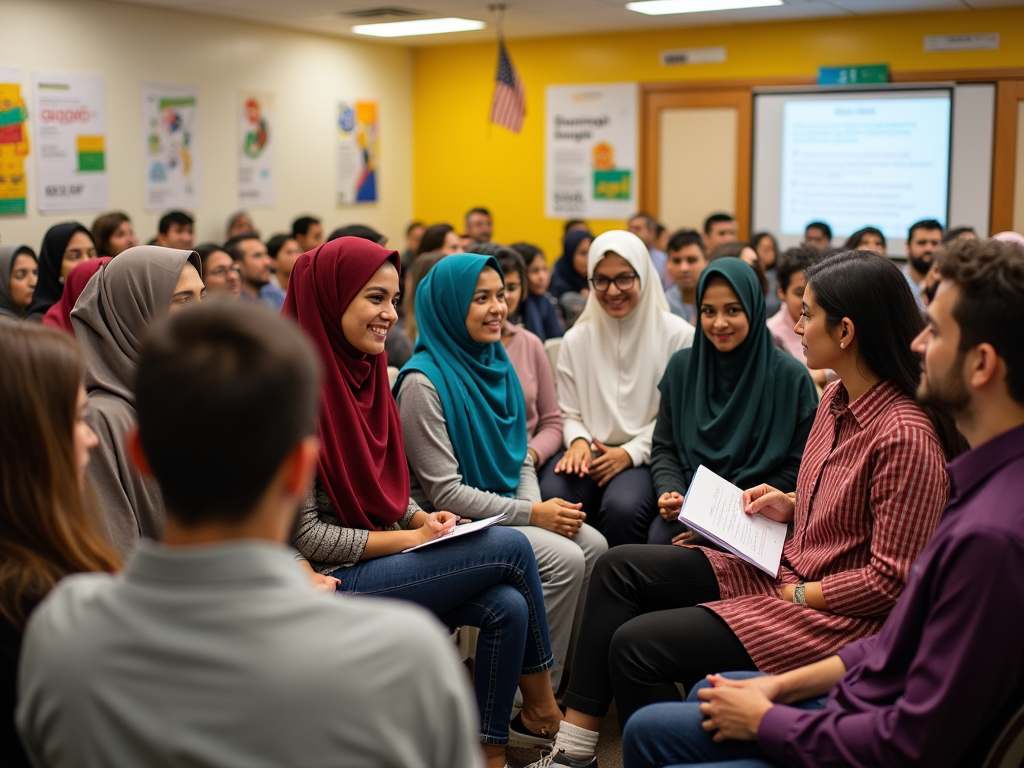In the vibrant cosmopolitan landscape of Dubai, one of the crucial factors that prospective residents must consider is their marital status. Marital status significantly influences eligibility for the Dubai residence visa, affecting both individuals and families. The UAE offers various visa categories, each with specific requirements, and understanding how marital status plays into these categories is essential for a smooth application process. Couples, singles, and families each navigate distinct paths to acquire residency, making it vital to explore these intricacies in detail. This article delves into how marital status impacts Dubai residence visa eligibility and provides guidance for applicants.
Residence Visa Categories in Dubai

Dubai offers a range of residence visa categories, tailored to different scenarios and applicant profiles. Understanding these categories is fundamental, as each one has unique requirements based on marital status. Here’s a breakdown of the primary residence visa types available in Dubai:
- Family Visa – Issued to expatriates who wish to bring their spouse and children to reside in Dubai.
- Employee Visa – Granted to individuals who have secured a job in Dubai. This category can sometimes include their dependents based on marital status.
- Investor Visa – Designed for those who invest a certain amount in the UAE, permitting family members to join the investor.
- Student Visa – For individuals who are pursuing education in Dubai. Marital status influences the ability to sponsor dependents.
- Retirement Visa – Available to retirees, allowing them to bring family members if certain conditions are met.
Married Individuals and Visa Sponsorship

For married individuals, sponsorship opportunities vary significantly compared to singles. A husband or wife may sponsor their spouse’s residence visa, which comes with an array of advantages. Firstly, married couples can apply for family visas that facilitate shared residency in the UAE. This path often proves beneficial, as it allows for a more stable living situation, significant social integration, and emotional support. However, the eligibility criteria stipulate that the sponsor must have a valid residency status and adequate income to support their dependents. Additionally, couples must provide marriage certificates, attested and translated into Arabic, if necessary. Furthermore, meeting minimum salary requirements is also essential, typically ranging from AED 4,000 to AED 10,000 depending on the applicant’s occupation.
Single individuals apply for residency under stricter conditions compared to married applicants. While it is feasible to secure a residence visa, the options available are more limited, particularly when it comes to family sponsorship. Single expatriates can apply for an employee visa, provided they have a job offer in Dubai, or potentially an investor visa if they meet the requisite investment thresholds. However, without the ability to sponsor a spouse or children, single applicants may find their residential stability compromised. Furthermore, securing housing might also be more challenging since many landlords prefer renting to families or couples, which could pose additional hurdles. As a single expat, aligning oneself with job opportunities or communities that cater specifically to singles can ease the transition to living in Dubai.
Family Dynamics and Varying Visa Regulations
The family dynamics of applicants significantly shape visa eligibility and processes in Dubai. Couples wishing to bring their children to reside with them must navigate a set of specific guidelines established by the UAE government. Notably, sponsors are permitted to bring children up to the age of 18 years, provided they hold a residence visa. For married couples, this essentially allows both partners to sponsor their children jointly or leverage one partner’s visa status for sponsorship. Moreover, certain stipulations apply concerning the number of dependents allowed. These can include:
- For expatriates with spouses, typically up to three children can be sponsored under a family visa.
- Unmarried children over 18 can apply for a student residence visa or apply separately once they reach the legal working age.
- Special provisions are implemented for widowers or divorced individuals who wish to sponsor their children.
Understanding these familial policies not only eases the application process but also lays the groundwork for a more cohesive family life in the UAE, ensuring that all members can participate in societal and cultural experiences that Dubai has to offer.
Conclusion
Marital status plays a pivotal role in determining the eligibility for residency visas in Dubai. Key distinctions exist between married individuals and singles regarding sponsorship possibilities, visa categories, and requirements. Understanding these nuances is essential for anyone looking to live and thrive in this dynamic city. Whether you are a couple seeking a family visa, a single individual navigating job opportunities, or a family aiming to settle down, it’s crucial to align your application strategy with your marital status. The multifaceted laws governing visas in the UAE demand careful consideration and informed decision-making. By understanding how marital status impacts residency options, you can pave the way for a successful immigration experience in Dubai.
Frequently Asked Questions
1. Can a single expat sponsor family members on a Dubai residence visa?
No, single expats cannot sponsor family members for a residence visa. Only married individuals can sponsor their spouses and children.
2. What are the salary requirements for sponsoring a spouse on a residence visa?
The salary requirements for sponsoring a spouse generally range from AED 4,000 to AED 10,000, depending on the employment sector and job role.
3. Are unmarried children allowed to stay with parents in Dubai?
Yes, parents can sponsor their unmarried children up to the age of 18. For children over this age, a student visa or separate residence visa application is required.
4. What documents are needed for a residence visa application for a married couple?
Documents typically include valid passports, marriage certificate, photographs, medical fitness certificates, and proof of income or employment.
5. How can singles improve their chances of securing a residence visa in Dubai?
Singles can improve their chances by securing an employment visa through job offers and integrating into communities that cater to single expatriates.
